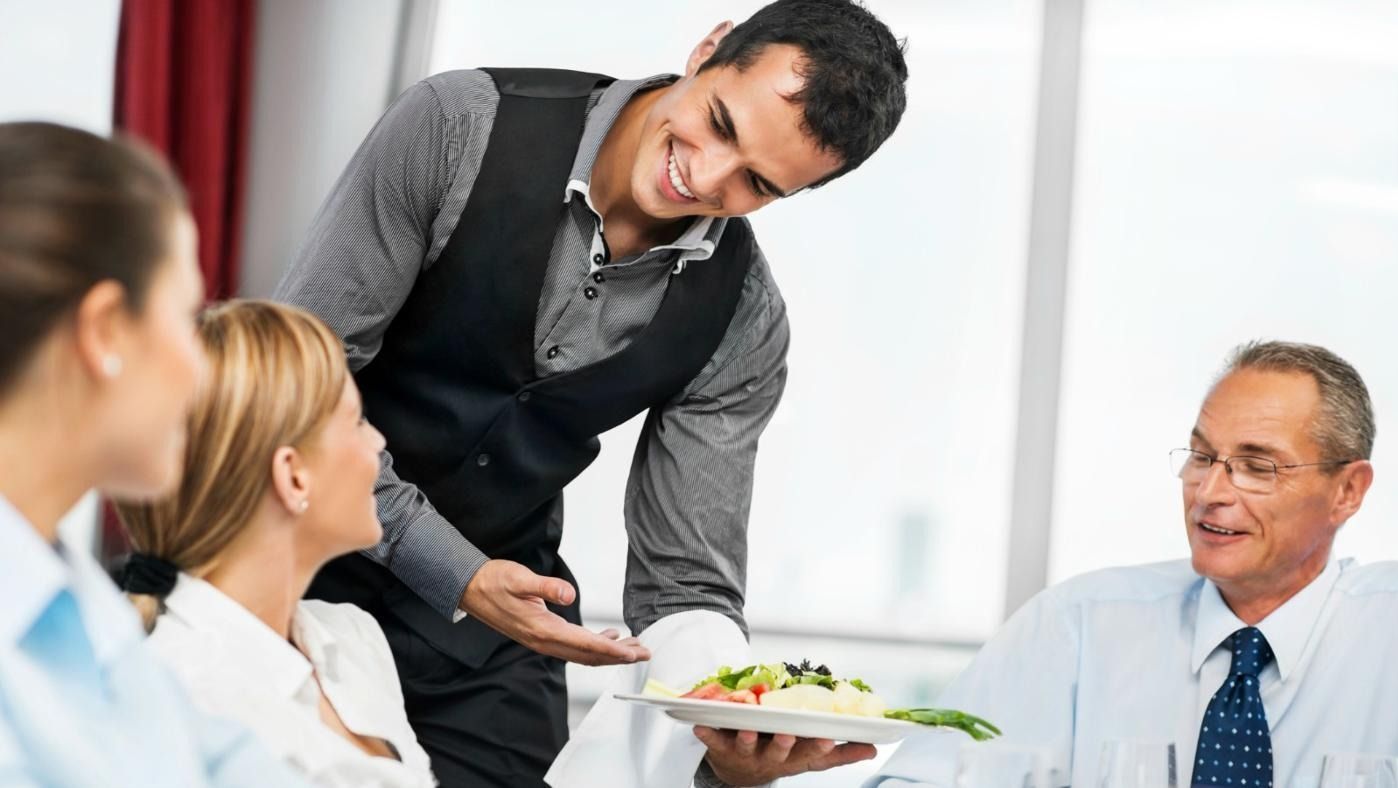Ten surefire ways hospitality staff can increase tips

With wages struggling to keep pace with the cost of living, decent tips and gratuities can make a huge difference to your earning power in customer service roles in bars and restaurants. Here are the ten surefire ways hospitality staff can increase tips.
Always smile
As well as being good common sense, being approachable, friendly and welcoming makes your customers feel confident, happy and relaxed. Maintaining a positive attitude, even when the job is busy or stressful, means your customers are likelier to be happy. If you treat them with respect, they will probably reciprocate. Smiling is the best way to convey these emotions, along with positive body language and an attentive tone of voice. Happy customers invariably tip more.
Introduce yourself by name
Building rapport with the customer is key to receiving bigger tips. Introducing yourself to customers by name helps build rapport. It’s also a good idea to explain what you’ll be doing for the customer: “I’ll be looking after you today” or “I’ll be taking your orders today”. This gesture starts a friendly rapport when you’re working with or serving a customer and allows the customer to use your name if they need something, further building the relationship.
Find out your customer’s name and use it
Using someone’s name makes them feel important. If the customer has booked – you’ll already know it, but if they’re a walk-in, it’s worthwhile asking for their name. Keep it polite and professional and use titles like Mr. or Ms. with the customer’s surname. If you don’t catch their name, it’s worth checking their credit card when they pay and thanking them for their custom by using their name – just before they settle the bill and decide on the size of your tip.
Up-sell by asking questions
Up-selling is more about keeping people happy than selling: people find nothing more annoying than not being able to order stuff they want. Make it easy for them and keep yourself visible. Remember that drinks can often contribute up to a third of the bill, especially if wine is ordered. Don’t be aggressive with up-selling; ask simple questions like: “Can I tempt you with a starter? Can I get the wine list for you? Is that a double? Can I get you any sides with that? Are you ok for drinks? Would you like to look at the dessert menu?” Many people give a tip as a percentage of their total bill, so the more they spend, the more you earn.
Repeat the order
Getting the order wrong is a sure-fire way to reduce your tip, so always repeat it to the customer. Repeating the order ensures you get the order right, allows the customer to consider additional items, and enables you to ask if they need anything else, including drinks.
Offer incentives
Including a mint, chocolates or other small incentives with the final bill can increase your chances of getting better tips. Like writing thank you notes on the receipts, this gesture offers a personalised touch to your interaction. Incentives are another way to make a good last impression on your customers to increase your chances of a better tip.
Be prompt with the bill
Customers hate hanging around for the bill. So, ensure you are visible enough for the customer to request it and keep them from waiting too long for it. A long wait for the bill could undermine your brilliant service earlier, especially if customers are on a deadline or have somewhere else to be.
Positive body language & presentation
Using positive body language like smiling, maintaining eye contact, looking alert and staying focused makes it easy for the customer to order from you. If you forget something, apologise – people will always forgive you for a one-off mistake. Bright presentation not only reflects well on you but also on the business. Maintain a friendly but polite manner and be prompt in everything you do.
Provide brilliant service
Brilliant service is invariably rewarded with better tips. The definition of brilliant service will vary from customer to customer, but generally, being polite, offering help and being prompt and professional are hallmarks of good service. Communication is key. If things are running late (people only like waiting a little more than half an hour for food and not much more than 5 minutes for drinks), let them know what’s going on. The worst thing you can do is leave customers not knowing when their order will arrive. Going the extra mile when things have gone wrong can more than save the day.
Ask for feedback
Ask customers for feedback – but not too often, they don’t want to be bombarded with questions when enjoying drinks and food with family, friends or colleagues. Asking for feedback enables you to put something right if it’s wrong. It’s also worth checking with managers, supervisors or colleagues for feedback on your performance to see if you can improve. Constructive criticism that leads to better performance will also mean larger tips.

